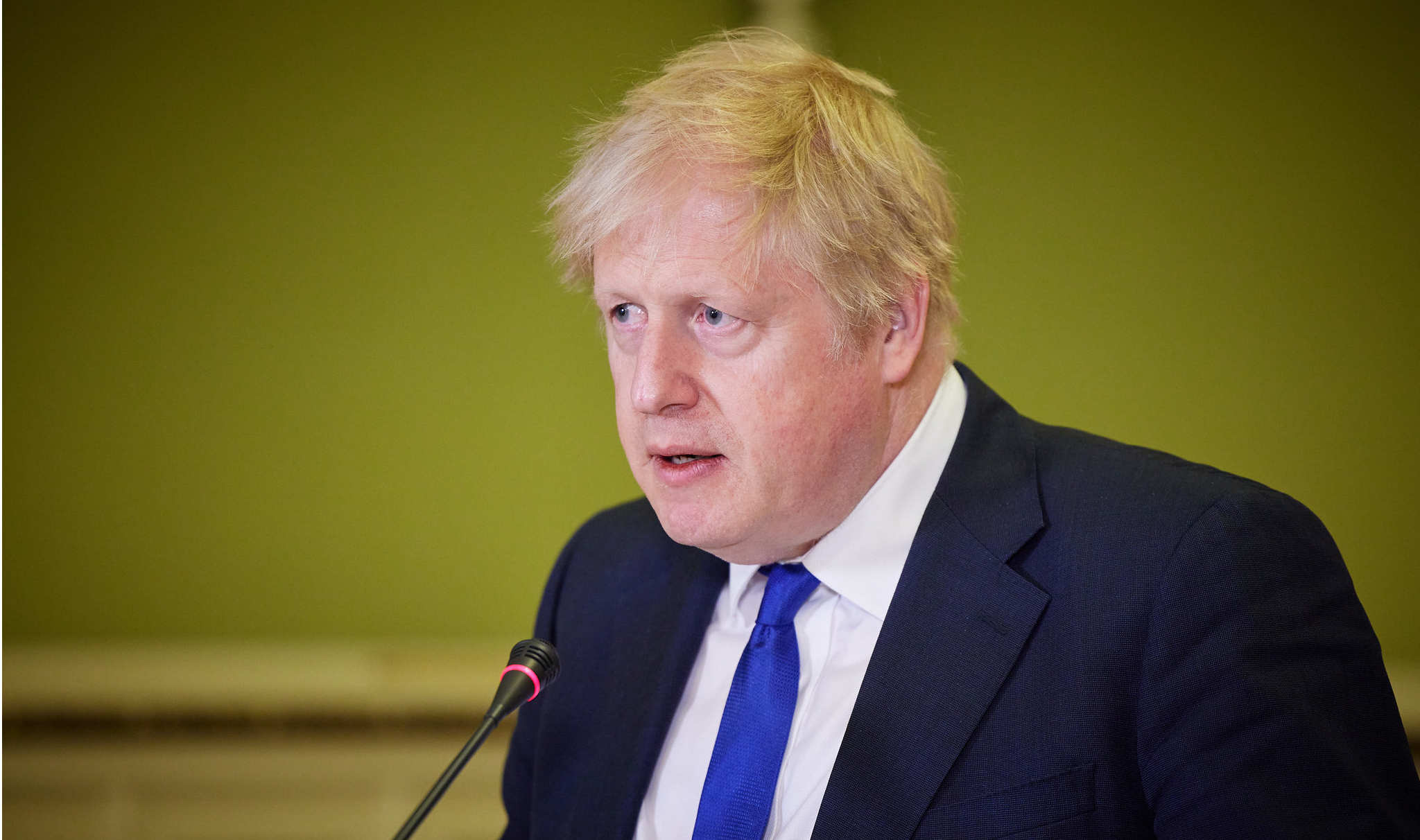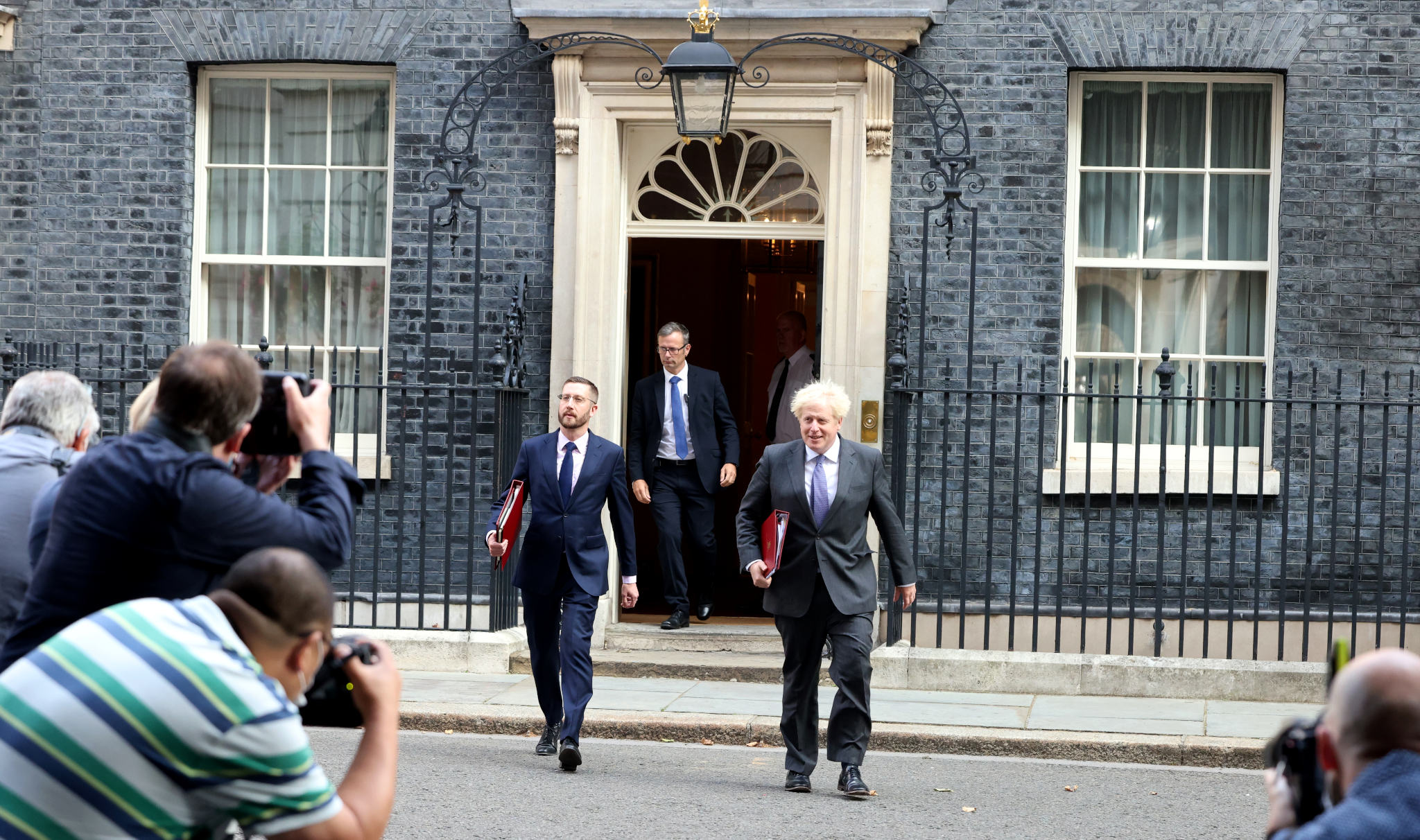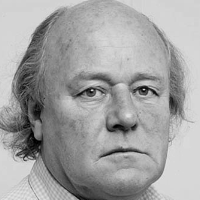Boris Johnson was accused on Tuesday of committing a “clear and unambiguous” breach of the rules governing job offers to ministers, senior civil servants, and military top brass, after they leave public service.
This may not be at all surprising given the iconoclastic nature of the former British premier. But such blunt criticism – from an unlikely source – could be the trigger for much-needed overhaul of the way senior public servants take up lucrative appointments in the private sector.
This latest attack on Johnson’s probity came from the chair of the Advisory Committee on Business Appointments (ACOBA), the former Conservative cabinet minister, Lord Eric Pickles.
“Former Ministers must ensure that no new appointments are announced, or taken up, before the Committee has been able to provide its advice”, said Pickles.
He added: “Mr Johnson’s role as a columnist for the Daily Mail was trailed by the media outlet in a front page pre-announcement of a new columnist on the morning of Friday 16 June. Mr Johnson later the same day confirmed his new role in a pre-recorded video on twitter around 1pm, 30 minutes after submitting an application to ACOBA for advice. This is a clear and unambiguous breach of the government’s Rules and requirements of the Ministerial Code.”
Pickles continued: “Mr Johnson is familiar with both. He set out the standards expected in the Ministerial Code whilst Prime Minister and has made previous applications under the Rules” when he failed to follow them when he was offered as a column on the Telegraph in 2018.
Out of date
Pickles said the case was a “further illustration of how out of date the government’s Business Rules are.”
He continued: “They were designed to offer guidance when ‘good chaps’ could be relied on to observe the letter and the spirit of the Rules. If it ever existed, that time has long passed and the contemporary world has outgrown the Rules.”
He said ACOBA recommended to the government over two years ago that “a modern framework” for considering business appointments was needed. That, Pickles said, must include sanctions for non-compliance and greater clarity about what was and was not acceptable.
“No action will be taken against Johnson”
Pickles’ comments come in a letter to the deputy prime minister and Cabinet Office minister, Oliver Dowden, on the day ACOBA announced a series of other decisions referring to former top civil servants and a senior military figure.
He referred to the government’s plans to draw up proposals “across the current ethics landscape’, adding pointedly: “I am concerned that if the government waits until these reforms can all be implemented together, it risks further scandal in the meantime, particularly as ACOBA’s could be implemented in a matter of weeks.”
He makes it quite clear, however, that no action will be taken against Johnson. Pickles told Dowden: “I suggest that you take into consideration the low risk nature of the appointment itself, and the need to reform the system to deal with roles in proportion to the risks posed.”
Conflicts of interest
The ACOBA rules covering what are widely referred to as the “revolving door” syndrome are full of loopholes – the committee has no effective power to enforce them, the government departments which previously employed the individuals concerned invariably assure ACOBA there would be no conflict of interest.
ACOBA’s membership includes politicians and officials drawn from the very groups the committee is supposed to regulate.
It says that within two years of leaving office, former ministers and officials – civil and military – should consult the committee and agree not to use their access to “privileged information” or lobby their previous government departments to further the interests of their new private sector employers and give them unfair competitive advantages.
Such strictures are impossible to police – hence Pickles’ reference to the “good chaps” theory that Declassified has already referred to.
“Senior military officers and MoD officials have taken up more than 3,500 jobs in arms companies”
Over a period of a little more than 15 years, senior military officers and MoD officials have taken up more than 3,500 jobs in arms companies. Executives from BAE Systems and other arms corporations are regularly seconded to the MoD.
And by definition, individuals are head hunted precisely because of their particular insights and experience – such as Sir Mark Allen, MI6’s former counter terrorism chief and Arab expert, and Sir John Sawers, former MI6 chief, joining BP.
Coincidentally or not, it was reported yesterday that Sir Keir Starmer, the Labour leader and former Director of Public Prosecutions failed to inform ACOBA before taking on the job as consultant to the leading law firm, Mishcon de Reya.
Among ACOBA approvals announced on Tuesday where those of Sir Charles Roxburgh, former second permanent secretary (second most senior official) at the Treasury to a post with Shell oil company, of General Sir Nick Carter, the former chief of defence staff, to Saildrone – a US company that produces water-borne drones – and of Nadine Dorries, the former Culture Secretary, also to write a column for the Daily Mail.



